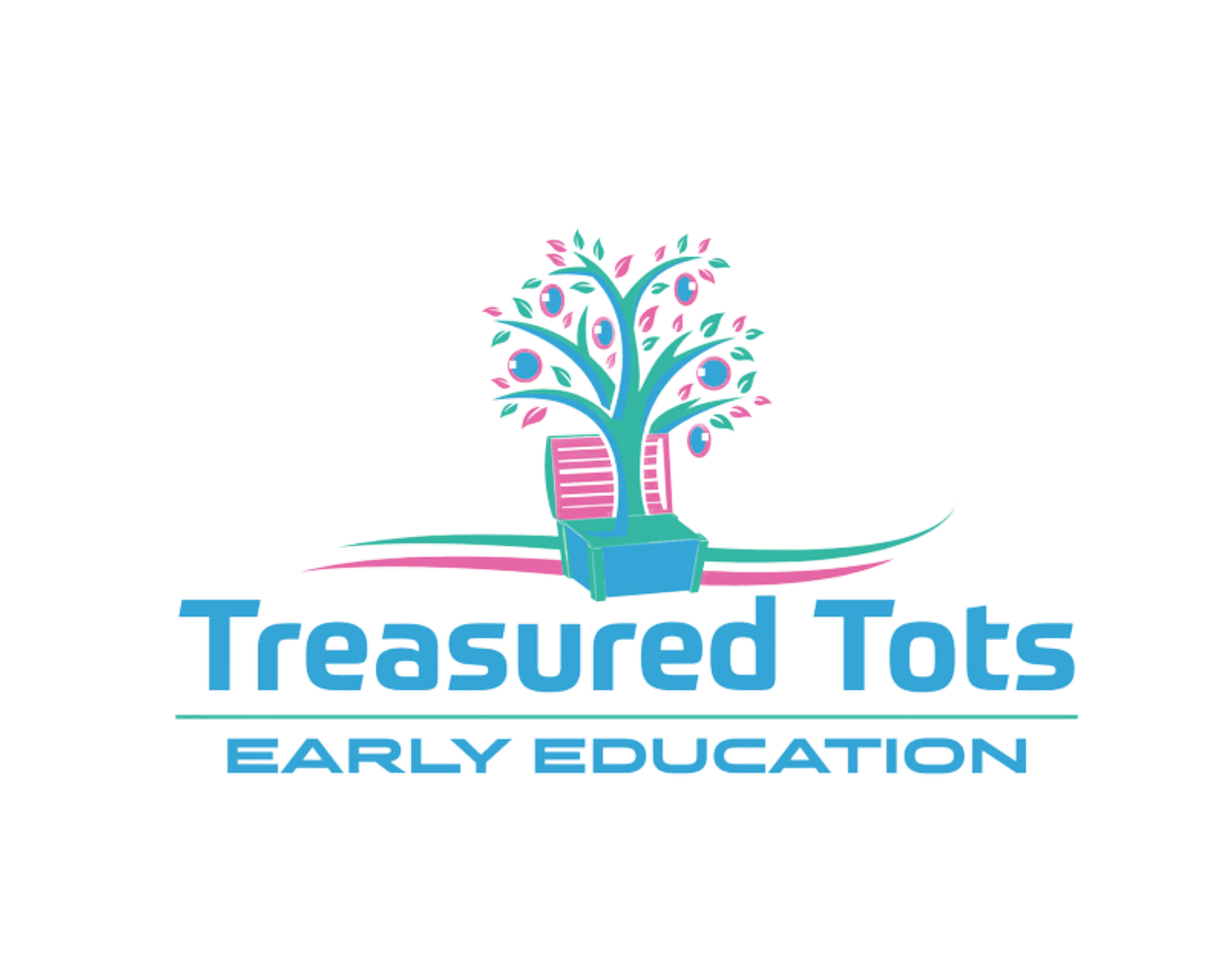Play-Based Learning for Child Development
The first few years of a child’s life are crucial for their development. At this age, the brain is like a sponge – absorbing experiences from their environment and creating neural networks in the brain faster than at any other time of life.
And there’s no better way to encourage this than by having fun.
Acting, singing, building blocks, the feel of sand running through fingers, discovering textures… A wide range of positive play experiences is crucial for development in the here and now, as well as laying the foundations for a lifelong love of seeking further knowledge.
Some of the proven advantages of play-based learning include:
Learning and honing gross and fine motor skills
Encouraging creativity
Stimulating imagination
Enhancing communication and language abilities
Help develop problem-solving skills
Increase hand-eye coordination
Encourage physical interaction with people and the world at large
Learning empathy and other important interaction skills
The most important aspect of learning during the early years is that it should be enjoyable. There are many ways to do this, all of which can easily be incorporated into day-to-day activities and other, more special, treats.
Music
This is one of the easiest ways to stimulate a child’s development. Even before a child is born, it’s been shown that music can play a role. After birth, singing lullabies and songs is an important method of connection. As the child grows, they can start to join in, learning simple tunes and songs along with playing musical instruments. Even if you don’t have any to hand, it’s easy to improvise by banging on a box, shaking a container or any other method of making a noise.
Painting and drawing
Finger painting is always hugely popular with all ages. Crayons are also great for very young children. Such activities help children learn about colours, develop fine motor skills, use their imagination and help develop independence. Other arts are also just as good, such as clay modelling, crafting, cutting and sticking… You get the picture.
Play games
Games of all kinds, with or without props. Hide and seek, stick-in-the-mud, peek-a-boo… These all encourage environmental interaction and guide a child to learn how to follow instructions. Games with puppets can help with hand-eye coordination, as well as encourage speech and language skills. Team games help children learn how to interact with others and how their actions can influence this.
Learn a second language
It’s never too early to teach a child to become bilingual. In fact, it’s easier to learn another language before the age of 10 than at any other time of life. One advantage is that it requires different parts of the brain to be stimulated, so creating even more of those vital neural connections. If you don’t already speak a second language, then why not learn one with your child? Just be prepared for them to pick it up far quicker than you do…
Make every outing an adventure
Every child loves the stimulation of a special day trip, like visiting the zoo, a nature reserve or a museum. Such experiences introduce them to new sights, sounds and smells – once again, exposing the brain to new data. But every day can easily be an adventure. Go insect spotting at the local park, leaf collecting, dog counting, spot red cars… Even a regular supermarket shopping trip can be a fun learning experience with a little imagination.
Play-based learning is a vital element of child development – plus it’s enjoyable for all involved. You’ll undoubtedly be putting your heart and soul into such activities at home. Therefore, if you need to take advantage of a childcare facility, you should ensure that their ethos also incorporates the same into their daily care.
As well as advancing child development, such learning methods create the building blocks from which a child grows. Stimulating their curiosity through play at an early age will encourage the desire to learn as they head to school, college, further education and beyond. Who’d have thought such simple actions could have such a long-lasting and powerful effect?

